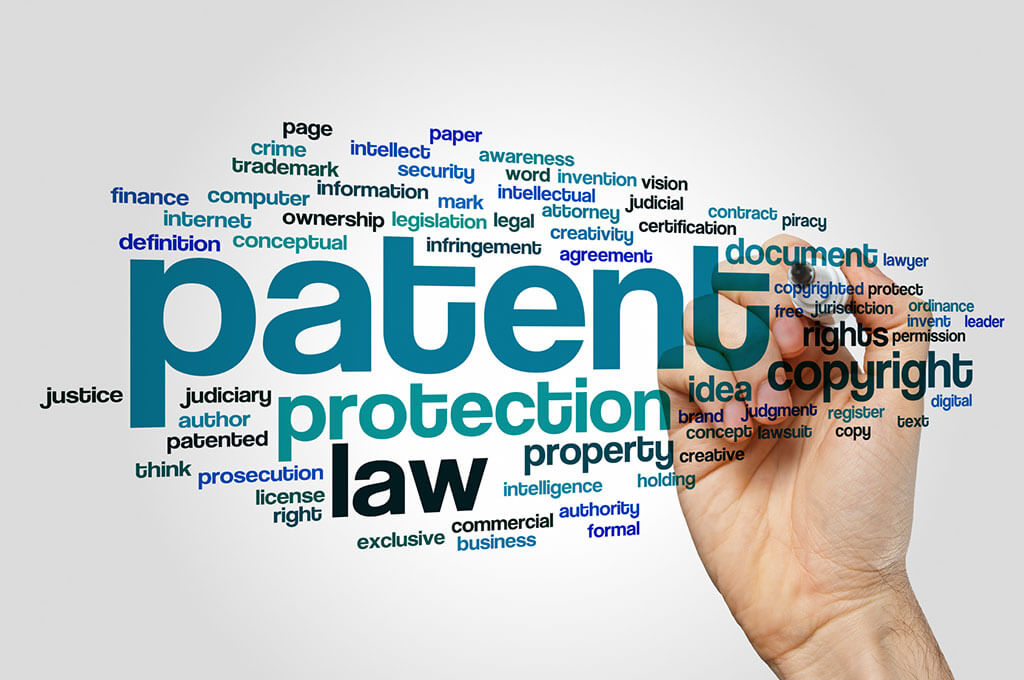Is it possible that an idea not only has a creator but also an owner? The basis of the patent law is the conviction that it is possible. It is natural that we have the right to own what the fruit of our work is, and the development of a new invention undoubtedly requires considerable intellectual work. Usually, we assume that the creator should influence the way his work, which is expressing his creativity and personality, will be used.
However, in case of the patent law, one more aspect – utilitarianism – comes to the fore. It turns out that industrial property rights are simply profitable for the society. According to the utilitarian approach, we look at the problem not so much from the perspective of creators’ right to have their work at their disposal, but from the perspective of measurable profit for the community. Therefore, the patent – which is the exclusive right to use the invention – is not granted to creators for free. And it is not only about (often considerable) financial costs. The most important “cost” to be borne by the creator who applies for a patent for his solution is its public disclosure in a sufficiently clear and comprehensive manner, so that another expert in the field can bring such an invention to life. Thus, in exchange for the opportunity to obtain the right to exclusive use of a specific solution, we publish the results of our work and contribute to global knowledge in a given field, which is undoubtedly a gigantic profit for the society. After the patent application is published, everyone, including the market competitors of the applicant, has the chance to become familiar with the details of the invention. This can be a trigger to develop a particular field and create other, more or less groundbreaking inventions that will solve problems encountered by people and improve the comfort of the society. Individual systems for granting exclusive rights by patent offices around the world have been created to a large extent just to convince creators and entrepreneurs that it is good to share their knowledge and ideas with others. These institutions provide clear rules on the application of the patent law and the system that allows effective enforcement of these rights.
A patent is undoubtedly one of the strongest possible exclusive rights one can get, because it is a kind of monopoly right. It gives the owners of innovative ideas the opportunity to gain a huge market advantage over the competition. However, it was recognized that such strong protection should be granted only to those types of solutions that meet strictly defined criteria. In addition, the “right to monopoly” is always limited in time and territory.



